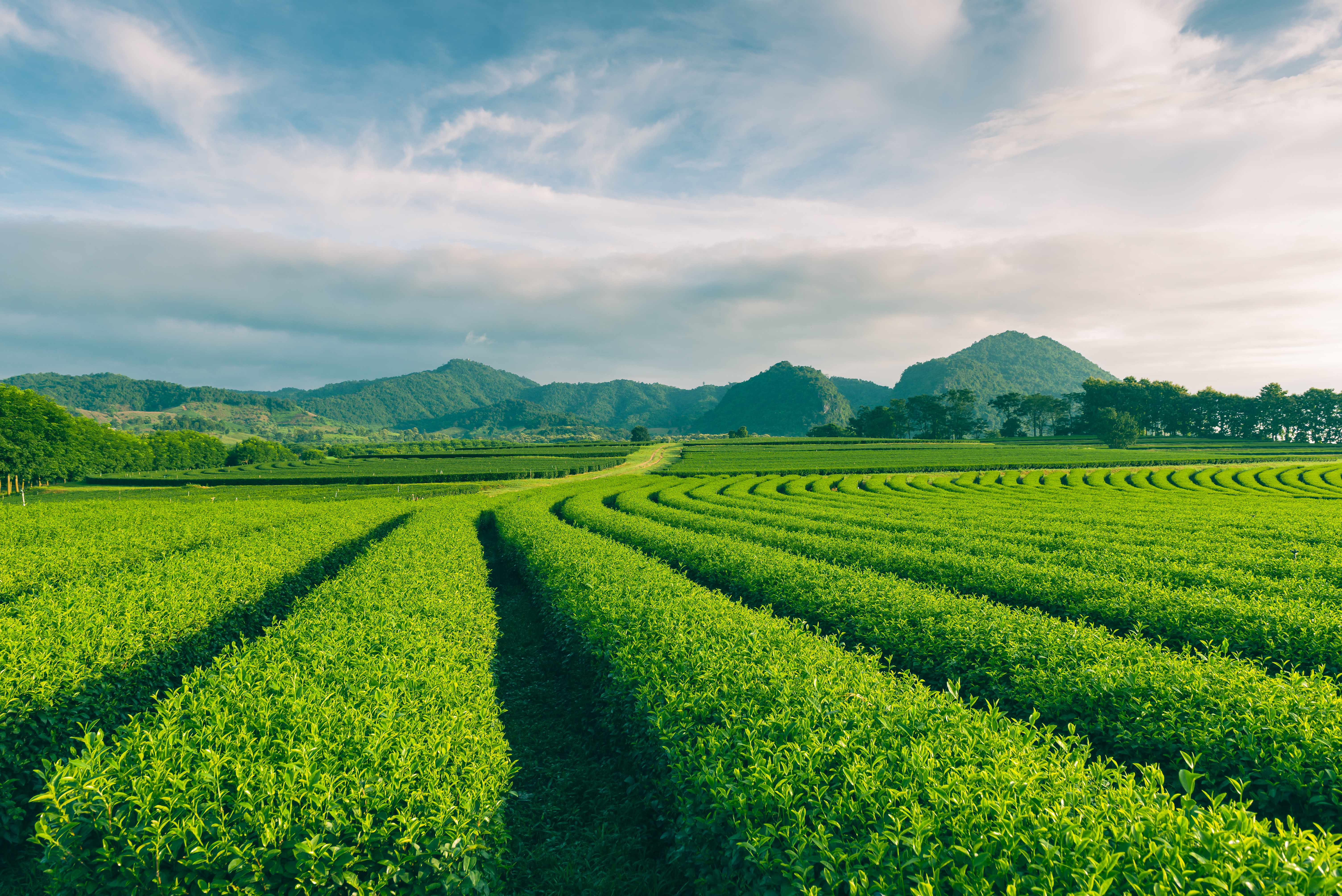Agricultural recruitment consultants for the Japanese market
Whilst Japan is best known for it's remarkable progress in industrialisation and technology, it is still predominantly an agricultural country.
In the first half of the twentieth century, agriculture, fishing and forestry were integral parts of the Japanese economy, and this technology continued to flourish. Recently however, the number of commercial farm households and individuals working in the Japanese agriculture industry is declining, as the agricultural sector is hit with a shortage of farmland, more and more of which is being used for housing.
One of Japan's concerns over agriculture is the suitability of the land. This, coupled with predicted water shortages by 2030 has led Japan to introduce an impressive array of agricultural technology to help farmers with productivity, even in areas of poor land or with limited access to water.
Of particular concern have been potential water shortages. Traditionally agriculture uses water alongside fertilizers, which then flow into the groundwater and which present a health and environmental hazard. By combining artificial intelligence and ground based sensors, water and fertiliser usage can be optimised with a technique called 'Fertigation'. This method was created in Israel, where water is in short supply, and translates readily to the Japanese landscape.
Instead of soaking the ground with sprinklers, fertigation uses narrow pipes to place drops of water and fertiliser at the roots of the growing crops. The process is controlled by artificial intelligence based on information from soil and light sensors, which then determines the precise amounts of water and fertiliser to distribute.
It is hoped that agriculture in Japan will flourish with technological advances like fertigation; and this approach will bring with it a need for highly skilled agricultural technologists.
Recruiting for Japan's Agricultural Workforce
There were 1,658,804 foreign workers in Japan in October 2019. The Ministry of Health, Labor, and Welfare announced that there had been a 13.6% increase in non-Japanese workers from 2018, as the total hit a new high for the seventh consecutive year. The top two countries, China and Vietnam, accounted for more than 800,000 people. In 2019, there were a total of 2.17 million people employed in agricultural, forestry and fishery industries in Japan.
As Japan's workforce ages and declines, the need to import foreign workers has been high on the government's priority list. Foreign labour on Japanese farms has increased fourfold to 2% in recent years. There has been a practice in place of agricultural technical 'interns' being placed in Japan's farm industry who may spend up to five years in Japan before heading home. Whilst extensions aren't allowed, from 2019 participants were allowed to apply for separate skilled work visas to work in jobs which allowed 'considerable knowledge or experience' in designated industrial sectors. Amongst these sectors are agriculture, fisheries and food and beverage.
Following implementation of the new work visa scheme, the government planned to accept 345,000 foreign workers over a five-year period, including 36,500 in agriculture, 9,000 in fisheries, 34,000 in food and beverage manufacturing, and 53,000 in food service.
Japanese Agricultural Recruitment Specialists
Peak Recruitment are based in Bangkok in Thailand, and as such are ideally situated to place candidates in skilled agricultural jobs all around the Asia Pacific region. Our skilled team of recruitment consultants apply their broader technical knowledge to bring the best candidates to a range of exciting and challenging roles for our clients.

